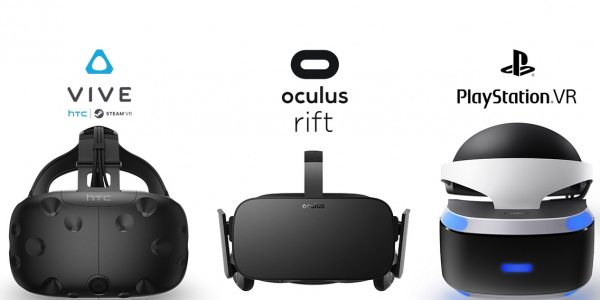
One of the biggest challenges that 3D faced during its years as a viable consumer technology was the varying formats and standards that were available. Though not the sole reason for the format’s demise in consumer technology, the divide between active shutter glasses and passive made it hard for consumers to buy into it all. Making matters even worse was the lack of compatibility between glasses from one set to another. Even Sony, who helped push the technology aggressively all the way from the studio side down to their electronics division, didn’t help matters by offering active and passive 3D glasses, depending on the TV set you purchased from them on top of the 3D stint they did with the PlayStation 3D TV which had its own standard that didn’t play nicely with other Sony TVs.
To help avoid some of the headaches of 3D, Sony and others, as Jeff Grubb from Venture Beats writes, have formed a VR advocacy group in order to set in place some common standards and practices.
Facebook’s Oculus, Google, HTC, Sony Interactive Entertainment, Samsung, and Acer have joined together to form a VR-industry consortium called the Global Virtual Reality Association. This is a nonprofit organization that will see the various companies coming together to determine and share best practices for the budding VR market, which some analysts predict could generate as much as $40 billion in revenues by 2020.
The GVRA will focus the bulk of its effort on creating an environment where hardware and software meets a certain set of guidelines in an effort to increase adoption of the technology around the world. This group is also now a point-of-contact for the VR industry as a whole, so policymakers and outside industries that have questions or curiosities can reach out to the GVRA to get answers.
It’s no surprise that VR is a bit of the wild west and nothing purchased for one VR platform works for another, including Oculus Rift and HTC Vive which require a PC and Windows to run – at least it’s easy to see in that situation why a PS VR title wouldn’t run but it has to be infuriating to see content divided like that on PC. Hopefully a VR advocacy group can lead to the creation of content as it stands for traditional gaming where a 3rd party company like EA creates a title like Battlefield and is able to release it on all the different platforms without much fanfare. Do you think trying to find content for VR is hard right now?
